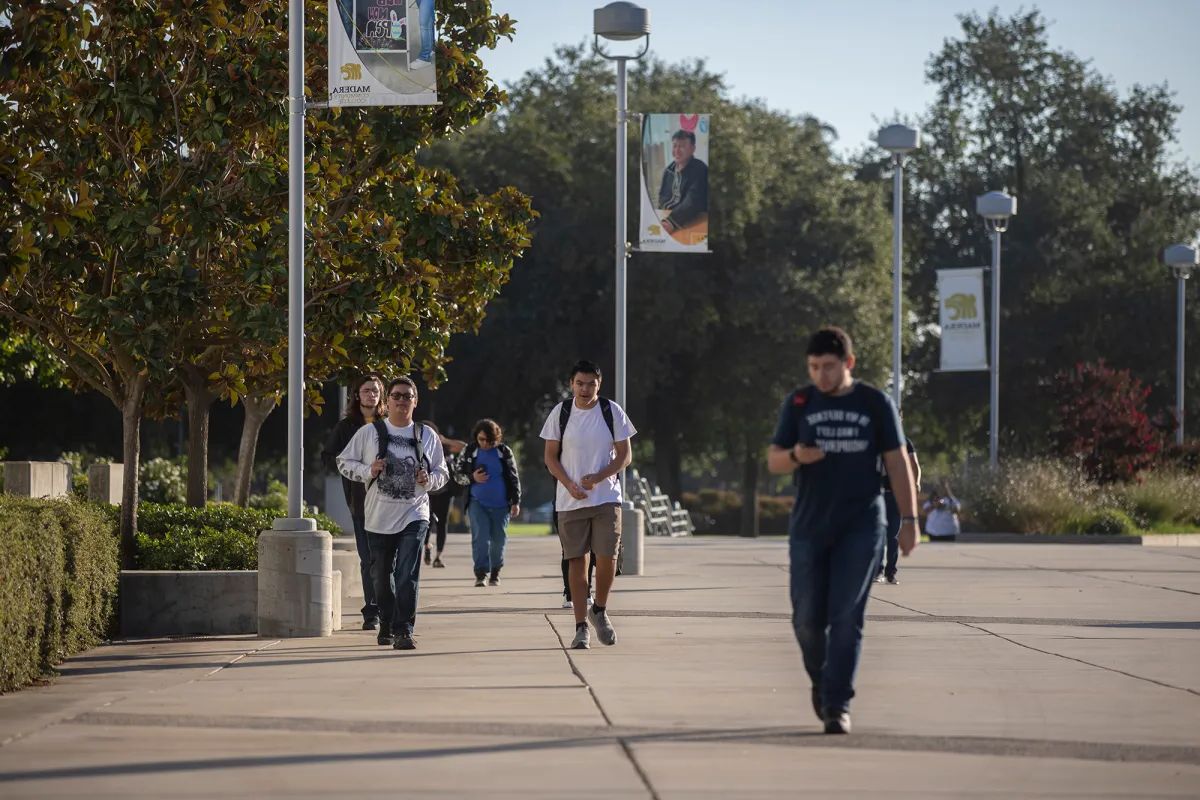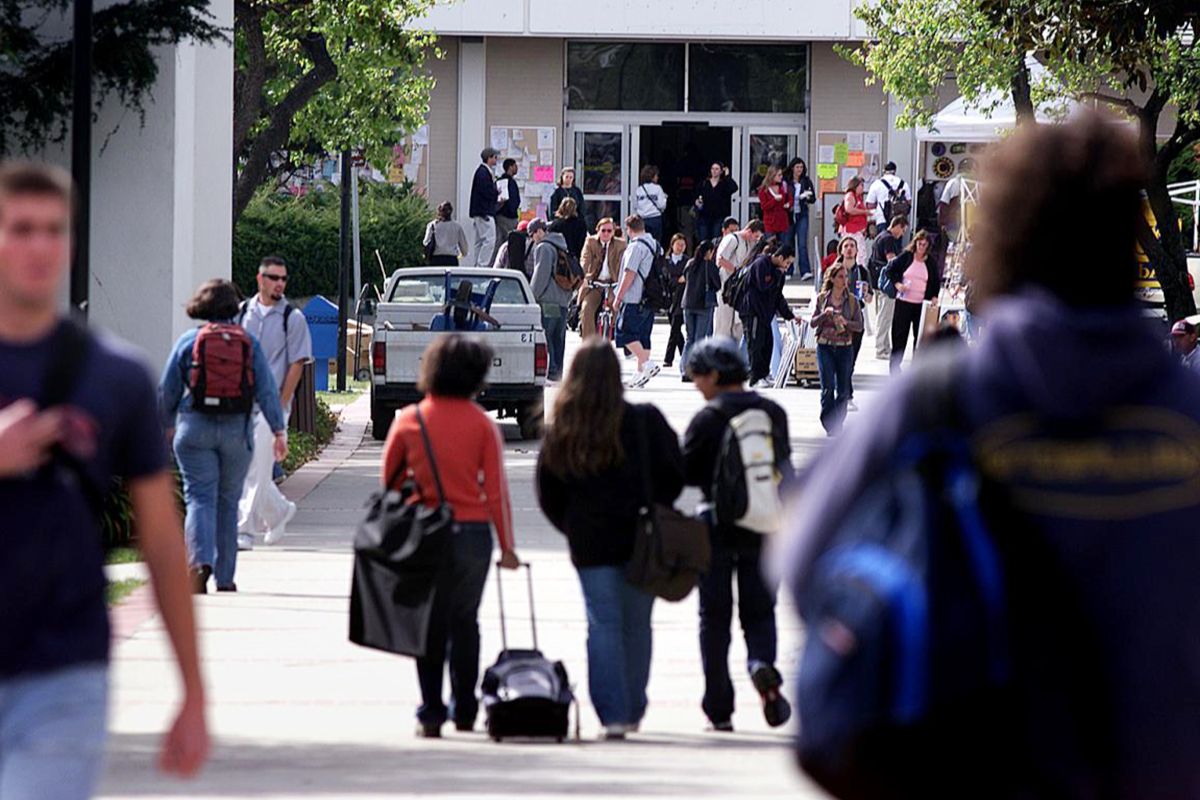Boosting Opportunities California Success: Have you ever considered the idea that community colleges offering bachelor’s degrees could be the key to unlocking greater opportunities in California’s educational landscape?
The success that California has seen in this realm is not just a fluke but a testament to the potential for growth and innovation.
As you explore the evolution of community colleges in the state, you’ll find a story of adaptation, challenges, and ultimately, the promise of a brighter educational future.
Key Takeaways
- Community college bachelors enhance access to higher education.
- Affordable pathway benefiting low-income and first-generation students.
- Aligning programs with local job markets for economic empowerment.
- Balancing traditional structures with innovative approaches for student success.
California’s Higher Education Master Plan: Origins and Evolution
In the realm of higher education, California’s Higher Education Master Plan emerged over six decades ago with a vision to delineate distinct roles for the University of California (UC), California State University (CSU), and community colleges, setting a solid foundation for the state’s educational landscape. This visionary plan aimed to provide clarity and direction, ensuring that each segment of higher education played a vital role in the state’s academic ecosystem. The UC system was designated for research and doctoral programs, the CSU system for undergraduate education, and the community colleges for vocational training and lower-division coursework.
Over the years, this master plan has evolved to adapt to changing demographics and economic conditions, facing challenges along the way. Despite these challenges, the plan remains a beacon of educational structure and opportunity in California. Understanding the origins and evolution of this plan is crucial for grasping the intricate web of higher education in the state, paving the way for informed decisions and strategic advancements in academic pursuits.
Complexities and Challenges: Conflicts Over Academic Turf
Amid the intricate web of higher education roles in California, conflicts over academic turf have arisen, leading to disputes, competition, and rising costs.
Over time, the once clear distinctions between the roles of universities, community colleges, and K-12 schools blurred, sparking disagreements over essential classes for transfers, funding, and student enrollment.
These disputes not only created tension among the educational institutions but also resulted in increased financial burdens on the state’s higher education system.
As universities sought to protect their traditional programs, community colleges pushed for expansion, and K-12 schools aimed to bridge the gap, a complex landscape of competition emerged.
This environment of conflicting interests has necessitated a reevaluation of the roles and responsibilities of each institution to ensure a harmonious and efficient higher education system in California.
Evolution of Community College Roles: From Two-Year Degrees to Baccalaureates
Embark on a transformative journey through the evolution of community college roles, transitioning from two-year degrees to offering baccalaureates in specialized fields. Originally, community colleges were primarily focused on providing two-year degrees and vocational training. However, due to restrictions on offering four-year degrees, their expansion was limited.
Nine years ago, a pilot program was introduced, and three years later, it became a permanent initiative, enabling select community colleges to offer baccalaureate programs in specific fields. This shift marked a significant turning point, broadening the scope of opportunities available to students seeking higher education.
The evolution of community college roles signifies a progressive step towards meeting the demands of a changing job market and catering to the diverse educational needs of individuals. By adapting to offer baccalaureate degrees, community colleges have enhanced their capacity to provide specialized education, equipping students with the skills required to excel in their chosen fields. This evolution not only benefits students but also contributes to the overall growth and development of the workforce, fostering innovation and excellence in various industries.
Controversies and Criticisms: Opposition from CSU and Expansion Critique
As community colleges expanded their baccalaureate authority, they encountered opposition from the CSU system, which was also pursuing its own expansions, sparking a notable controversy in the realm of higher education. The clash between these institutions underscores the complexities of adapting established educational frameworks to meet the evolving needs of students and the workforce.
While both systems aim to enhance access to higher education, differing approaches have led to tensions regarding the most effective way to achieve this goal. The pushback from the CSU system reflects the challenges of balancing traditional academic structures with innovative solutions to address the growing demand for specialized skills in various industries.
Criticisms and controversies often pave the way for constructive dialogue and reevaluation, prompting stakeholders to consider the optimal strategies for expanding educational opportunities. By confronting these challenges head-on, California’s higher education landscape can continue to evolve, ensuring that students receive the support and resources necessary to thrive in an ever-changing world.
Also Read: California Residences Priced at $3.7 Million Each
Community College Baccalaureates: A Beneficial Evolution
Community College Baccalaureates have revolutionized access to higher education, providing a valuable pathway to a bachelor’s degree for students seeking affordability and relevance to local job markets. Research highlights the significant benefits of Community College Baccalaureate programs, particularly for low-income, first-generation students of color. These programs are intricately tied to local job markets, ensuring graduates are well-equipped to meet the demands of the workforce.
The evolution of Community College Baccalaureates represents a crucial step towards democratizing higher education. By offering affordable and accessible pathways to bachelor’s degrees, these programs empower individuals who may have otherwise faced barriers to obtaining a four-year degree. This evolution not only benefits the students directly involved but also contributes to the overall economic prosperity of communities by providing a skilled and diverse workforce.
As the landscape of higher education continues to shift, embracing the evolution of Community College Baccalaureates is paramount. By recognizing the value and impact of these programs, we can collectively work towards a more inclusive and equitable educational system that meets the needs of all learners.
Conclusion Of Boosting Opportunities California Success
California’s success with community college bachelors programs is a shining example of innovation and opportunity in higher education. As the state continues to push boundaries and expand access to affordable degrees, it’s time for more states to follow suit.
With the potential to boost opportunities for students and meet workforce demands, community college baccalaureates are a beneficial evolution worth embracing.
Let’s keep moving forward and opening doors to success for all.
Our Reader’s Queries
Can you earn a bachelor’s degree at a community college in California?
The California Community Colleges Baccalaureate Degree Program aims to simplify and make baccalaureate degrees more affordable, providing community college students with expanded employment opportunities.
What is the meaning of community college in USA?
In the United States, community colleges, also known as junior or technical colleges, are two-year higher education institutions. While traditionally awarding associate degrees and certificates, an increasing number now provide bachelor’s degrees in specific majors.
Can you get a bachelor’s degree at a community college in Texas?
Florida and Washington lead among 24 states allowing community colleges to confer bachelor’s degrees. Notable states embracing this trend include California, Colorado, Georgia, Louisiana, Minnesota, Ohio, Oregon, South Carolina, and Texas.
Who is eligible for community college in California?
California community colleges are mandated to accept California residents or nonresidents holding a high school diploma or equivalent. Additionally, individuals over 18 without a diploma may gain admission with judgment board approval.



